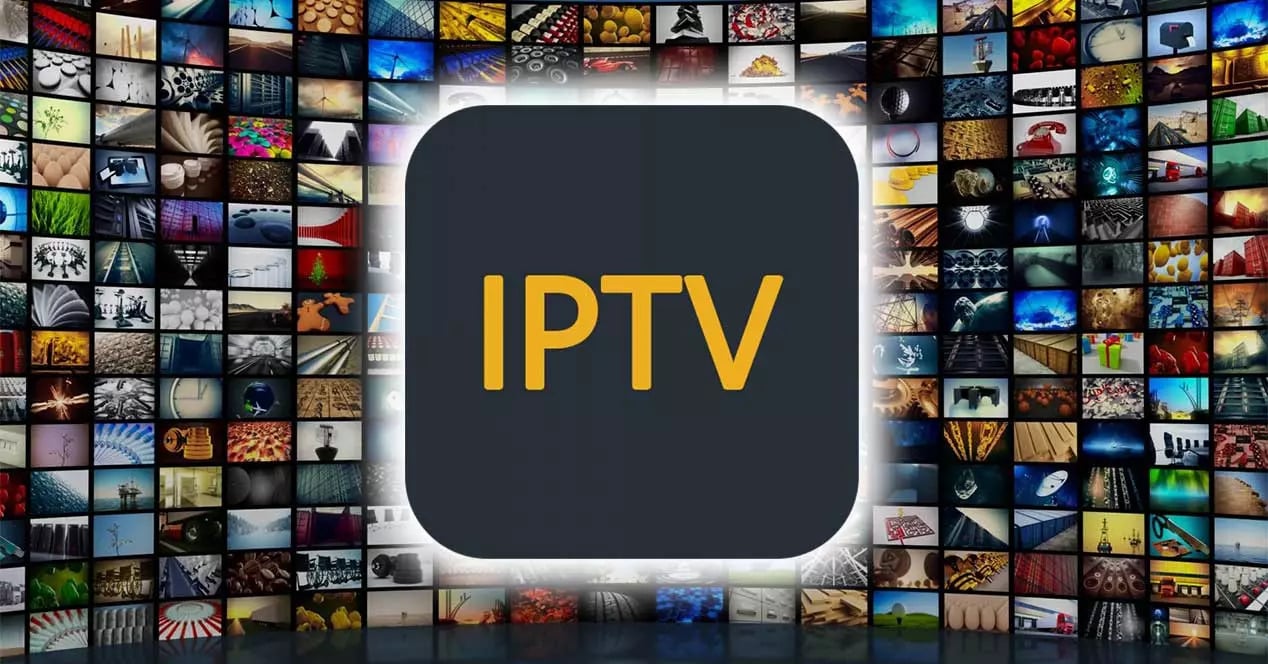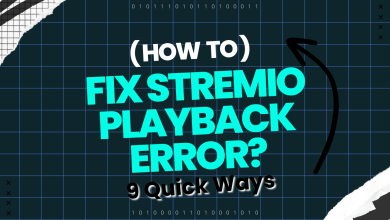Is IPTV Legal in the United States? Here’s What The Law Says
It isn’t easy to imagine a modern home without a television or another device that depends on online streaming. As technology advances, so does the provision of how television is streamed in our daily lives, and this has allowed television to play an increasingly important role in forming a worldwide sense of community.
IPTV and similar technologies have made it possible to watch shows and other forms of multimedia on virtually any device and at any time. With IPTV, you can gain a wide range of video-based media options. IPTV enables access to television via an internet connection.
IPTV popular types include video on demand (VOD) and live streaming. However, what actually is IPTV? Is it legal or illegal? And does having access to every episode of every show violate anyone’s copyrights? Find the solutions to these problems and more in this helpful guide.
What Is IPTV?

The term IPTV stands for “Internet Protocol Television,” which may sound strange but is rather simple. IPTV refers to any TV service that is received over an IP network. Internet Protocol, or IP, is the communications protocol that enables the functioning of the Internet. In other words, IPTV is a TV that relies on IP for transmission rather than more conventional means like satellite or cable.
IPTV is widely known as VOD or streaming video over the Internet. Providing on-demand content is a big attraction for customers of IPTV providers. They are unlike regular live TV in that there is no set schedule. You no longer have to wait till a particular time of day to watch your favorite TV show; instead, you can decide and select what to watch whenever you choose.
Is IPTV Illegal?
The answer to what seems like a simple question is dependent on several factors. To begin, it’s ultimately up to the IPTV provider to ensure that their service is legal in each country in which it operates. To legally stream video, the company must first get the necessary permission.
Every bit of content you share must have a valid license linked to it. In short, the IPTV provider needs the appropriate clearances to legally broadcast TV shows, movies, music videos, etc.
In this context, you may relax knowing that Netflix, HBO, and Amazon all possess the appropriate licenses. Because of the high cost of litigation, big companies always check their licenses before doing business.
However, dozens to hundreds of small or unknown IPTV providers acquire videos without authorization and without the appropriate license from the holder of the copyrights. You are also breaking the law if you use any of these services, since you’re essentially an accomplice to their crime (granted you are aware of their illegality).
IPTV Laws

To prevent services like IPTV from transmitting copyrighted content over the Internet without the proper permits, the United States passed the “Digital Millennium Copyright Act in 1998.”
IPTV providers faced the consequences for hosting illegal content, while users who knowingly streamed protected works faced fewer consequences.
This revolutionized the concept of the Protecting Lawful Streaming Act of 2020, which authorizes the Department of Justice to prosecute unauthorized IPTV services with felony charges. This act has significantly increased criminal penalties for unlawfully streaming such content.
Verified IPTV Providers
Installing and streaming video from these services is under the law, so long as they come from a verified IPTV provider. You can rest assured that an IPTV provider has the necessary permissions to show whatever you want to watch on the broadcast if you can get it from a reputable app store such as Google Play, the Amazon Appstore, or the Apple App Store.
YouTube TV, Hulu, FuboTV, XUMO, Philo, Sling, Airy TV, Plex Live TV, DirecTV Stream, Pluto TV, and various other services are among the most well-known verified IPTV providers today. But they also cost more than your run-of-the-mill local, but most likely illegal, provider.

How to identify illegal IPTV Services
Illegal IPTV services are more complex to identify than one would think. But in this section, we will provide you with the ultimate checklist to ensure you’re not becoming a potential accomplice.
- If the service doesn’t come directly from the content rights owner or their agency, it’s probably illegal.
- It is certainly illegal if the place where the business is being conducted does not have a legitimate legal presence.
- It violates the law if the subscription cost is absurdly less than that of the content authors’.
- Sometimes, the video from an unofficial IPTV service won’t match what you’d get from a legal provider, this is especially applicable for live sports or news where the broadcast can be delayed by a significant margin.
- Lastly, geo-restriction is a key indicator of an illegal IPTV service. If a provider is offering channels that are not officially available in your country, that’s a dead giveaway.
Why You Should Avoid Illegal IPTV Services
Viewers themselves can also be charged, even if the provider is primarily responsible for legal consequences related to streaming copyrighted information. Despite how rarely this occurs, there are several reasons you should avoid using illegal IPTV services, the most obvious of which is the risk of exposure.
You may get scammed
In this situation, the fake provider could take your subscription payment and disappear without a trace. Since the service provider is illegitimate, you have no recourse against fraudulent activities.
Viruses and malware run rampant
Many unlicensed IPTV sites have malware everywhere. Nowadays, most people’s personal information is stored on their computers; therefore, taking precautions against theft is imperative and by using shady providers, you’re putting yourself at serious risk.
Poor user experience
The user experience on these unauthorized IPTV streaming services is typically awful. Either the player takes too long to load, or there are too many annoying ads; the site could be filled with content but it’s hard to get to any because of the outdated or unintuitive UI. Either way, you won’t have a good time.
Your ISP could downgrade or disable your internet
In some countries, ISPs will take action against users repeatedly caught engaging in piracy. Internet service providers (ISPs) may reduce speeds or even turn off their services altogether.

As long as the service provider pays for the necessary permissions to stream the contents in question, IPTV is perfectly legal in the United States and elsewhere worldwide. Only IPTV companies that do not have the necessary permissions to broadcast their content are considered illegal.
Most individuals would agree that watching IPTV illegally is not worth the risks. Fortunately, plenty of legal IPTV services are willing to give you content that has been ethically sourced and legally licensed.
 Reviewed by
Reviewed by 




